Scott Freeman’s Biological Science, 6th Edition, (PDF) is preferred for its Socratic narrative design, its tension on speculative proof, and its commitment to active knowing. Science education research study reveals that real proficiency of material requires a relocation far from memorization towards active engagement with the product in an individual, concentrated method. Biological Science 6th edition is developed to prepare trainees with methods to examine their level of understanding and acknowledge the kinds of cognitive abilities that require enhancement. Exclusively engages biology trainees in clinical thinking, active knowing, and ability advancement. With the current Sixth Edition, the material has actually been structured with tension on core principles and core proficiencies from the Vision and Change in Undergraduate Biology Education report. The book’s distinct Bio Skills area is now placed after Chapter 1 to assist university student establish primary abilities that are required to end up being a researcher, brand-new “Making Models” boxes assist students in analyzing and constructing designs, and brand-new “Put It All Together” case research studies close each chapter and aid trainees see links in between chapter material and present, genuine-world research study concerns. New, attractive material consists of modified protection of global environment modification, advances in genomic modifying, and fresh insights into the advancement of land plants. A more recent edition is likewise readily available. See associated ebooks listed below P.S. Get in touch with us if you desire Biological Science 6e Test Bank or other trainer resources NOTE: The item consists of the ebook, Biological Science, 6th Edition in PDF. No access codes are consisted of.
Biological Science (6th Edition) – PDF
For introductory courses for biology majors.
eBook Details
- Authors: Scott Freeman, Kim Quillin, Lizabeth Allison, Michael Black, Greg Podgorski, Emily Taylor, Jeff Carmichael
- File Size: 439 MB
- Format: PDF
- Length: 1360 pages
- Publisher: Pearson; 6th Edition
- Publication Date: January 15, 2016
- Language: English
- ASIN: B01DV7D104
- ISBN-10: 0321976495, 0134243064
- ISBN-13: 9780321976499, 9780134243061
Newer edition available. See below
$74.99 Original price was: $74.99.$14.00Current price is: $14.00.
About The Author

Emily Taylor
Dr. Emily Taylor graduated from the University of California, Berkeley, with a BA in English. She went on to get a Ph.D. in Biological Sciences from Arizona State University, where she worked as a National Science Foundation Graduate Research Fellow in the subject of environmental physiology.
Her student-driven research focuses on the reproductive and endocrine physiology of free-ranging reptiles, particularly rattlesnakes. She has awarded the California Faculty Association's Distinguished Educator Award in 2010 and Cal Poly's Distinguished Teaching Award in 2012. She teaches a variety of undergraduate and graduate courses, including introductory biology, anatomy and physiology, endocrinology, and herpetology.

Greg Podgorski
Dr. Greg Podgorski earned his Ph.D. in Molecular and Cellular Biology from Penn State University and worked as a postdoctoral scholar at Columbia University and the Max Plank Institute for Biochemistry.
Biology education, developmental genetics, and computational biology are among his research interests. Greg's most recent research has focused on mathematical models of how cell patterns form during development and how cancer tumours recruit new blood vessels.
Greg has taught introductory biology for majors and nonmajors, genetics, cell biology, developmental biology, and microbiology at Utah State University for more than 20 years, and he has also taught nonmajors biology in Beijing and Hong Kong. He has received teaching accolades at Utah State University and has been named a Teaching Fellow and a Teaching Mentor by the National Academies.

Jeff Carmichael
Dr. Jeff Carmichael graduated from Slippery Rock University in Pennsylvania with a BS in Biology and the University of Georgia with a Ph.D. in Plant Biology. He studied enzyme kinetics as an undergraduate student on a fellowship at Oak Ridge National Laboratory in Tennessee.
His master's thesis was on sexual reproduction in a fascinating group of seed plants.
For more than 20 years, he has taught and coordinated Introductory Biology at the University of North Dakota (UND). He also assists other faculty members in incorporating evidence-based best teaching techniques into their courses through the campus-wide Teaching Transformation and Development Academy. At UND and as a graduate student in Georgia, he garnered teaching prizes for excellence.

Kim Quillin
Dr. Kim Quillin earned a BA in Biology from Oberlin College and a PhD in Integrative Biology from the University of California, Berkeley as a National Science Foundation Graduate Fellow.
Kim has worked alongside Scott Freeman on every version of Biological Science, beginning with the development of the drawings from the ground up in the first edition in 1999 and growing her contribution with each edition. Kim is currently the Introductory Biology Curriculum Coordinator at Salisbury University (SU), which is part of the University System of Maryland, where she is actively involved in the ongoing student-centered reform of the course for biology majors.
She is also the Biology Department's Curriculum Facilitator, focused on programmatic evaluation and alignment of the SU biology curriculum with the Vision and Change key principles and competencies.

Lizabeth Allison
Professor Lizabeth A. Allison is the Chancellor Professor of Biology at the College of William and Mary. She graduated from the University of Washington with a Ph.D. in Zoology, concentrating in molecular and cellular biology. She is also the author of Fundamental Molecular Biology.
She spent eight years as a faculty member at the University of Canterbury in New Zealand before coming to William & Mary. Liz offers upper-division molecular biology courses as well as introductory biology for majors. She has supervised graduate students and over 100 undergraduate research students, many of whom have co-authored articles with her on thyroid hormone receptor intracellular trafficking in normal and cancer cells.

Michael Black
Professor Michael Black got his Ph.D. in Microbiology and Immunology from Stanford University School of Medicine. Following graduation, he worked as a Burroughs Wellcome Postdoctoral Fellow at the MRC Laboratory of Molecular Biology in Cambridge, England, studying cell biology.
His current research focuses on using molecules to detect and track microbial transmission in the environment. Michael teaches introductory and advanced cell biology and microbiology lectures at California Polytechnic State University in San Luis Obispo.
Dr. Black is the director of the Student Biotechnology Lab, where he works with undergraduate technicians to incorporate research projects and inquiry-based activities into undergraduate classes, in addition to his teaching and research interests.

Scott Freeman
Dr. Scott Freeman earned his Ph.D. in Zoology from the University of Washington and went on to Princeton University to pursue an Alfred P. Sloan Postdoctoral Fellowship in Molecular Evolution.
He has done evolutionary biology research on themes ranging from nest parasitism to the molecular systematics of the blackbird family, and is co-author of the popular undergraduate textbook Evolutionary Analysis with Jon Herron. Scott is a Senior Lecturer in the UW Department of Biology, where he teaches introductory biology for majors, a writing-intensive course for majors called The Tree of Life, and a graduate seminar in college science teaching. He has received a Distinguished Teaching Award from the University of Washington. Scott's current research examines the effects of active learning on student learning and academic achievement.
You must be logged in to post a review.
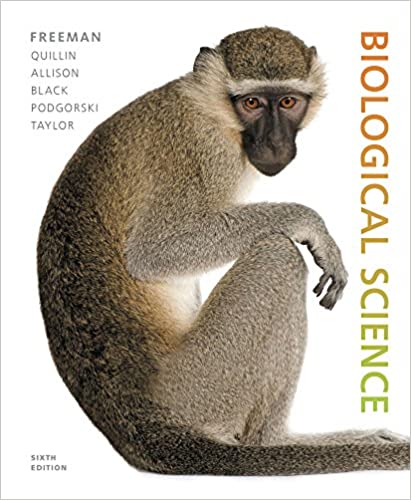
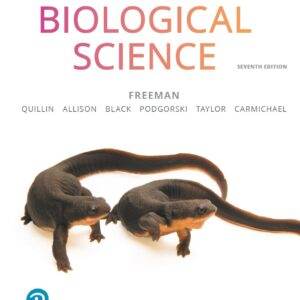
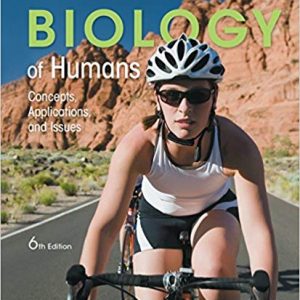
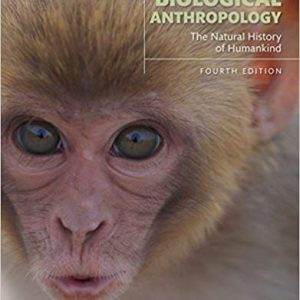
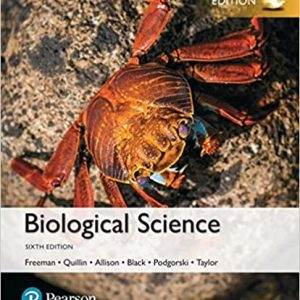
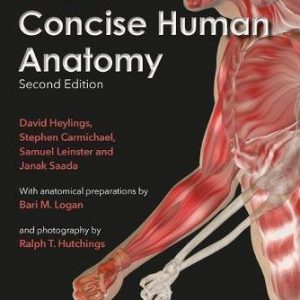
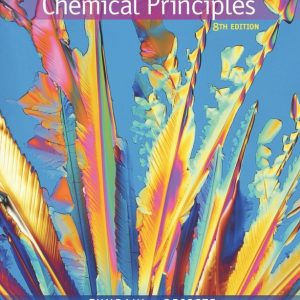
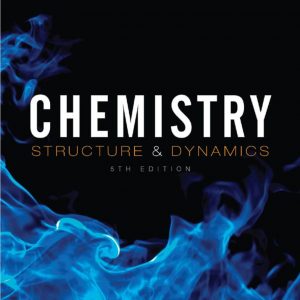
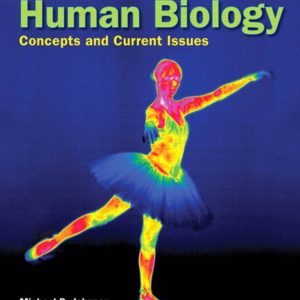
Reviews
There are no reviews yet.